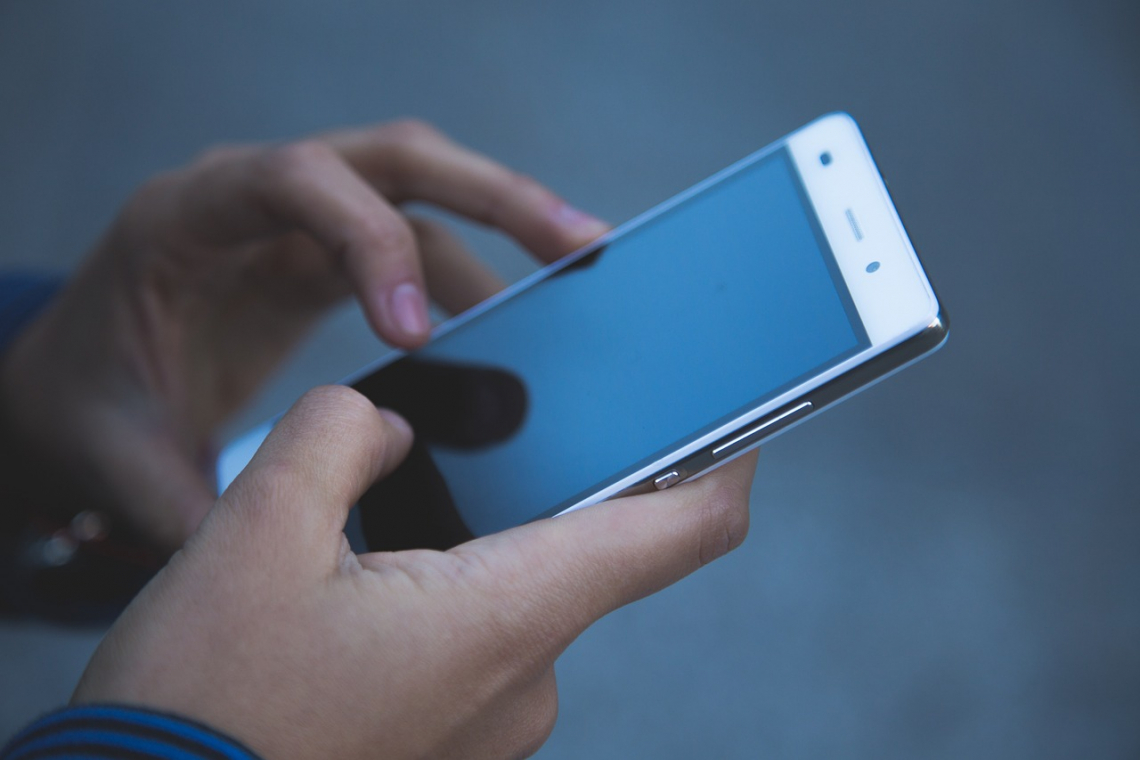"The dumber, the cell phone?"
Generation Anxiety is the name of a book designed to scare parents whose children cannot separate themselves from their smartphones and spend more time on social media than in cell phone-free encounters with their peers. Author Jonathan Haidt reports that teenagers are experiencing more depressive phases, that girls are starting to hurt each other, that their suicide rate is rising, that more pupils are complaining of anxiety disorders and so on.
Critics are annoyed by Haidt's one-sided presentation and complain that he does not address factors such as the coronavirus pandemic, the economic situation and the opioid crisis - keyword fentanyl. They complain that Haidt cannot provide any reliable evidence of the harmful effects of smartphones. I believe that too. But: If you just spread enough fear and claim what seems obvious and can be expressed in the phrase, "The dumber, the cell phone", then this will certainly increase sales figures. But what is true? As always, it is worth taking a look at history, in which new techniques or technologies were initially less welcomed and more cursed. More than 2000 years ago, the wise Socrates warned against the use of written texts because, in the philosopher's view, resorting to the paper form of thought would damage memory and delay learning. When the production of newspapers, magazines and books increased in the middle of the 19th century, the masters of creation panicked. Reading such products would firstly weaken the morale of their wives and secondly, as mothers, cause them to neglect their offspring. And in the 20th century, it was said that the radio would tempt children to spend their free time in front of their devices - or to go to the movies. In the 1990s, the Internet became the focus of educational concerns and psychological criticism. The author of these lines can't stand people who can't stop staring at their cell phones while talking to them, and it does indeed seem to him that the love of smartphones has something to do with anxiety, but a different kind than the social psychologist thinks. It's about the inner emptiness of people who are afraid of filling their free time with meaning and leading a self-determined life. They look inside themselves, find nothing there and stare at their device in despair and full of hope. It's not the smartphone that makes people afraid - it's the fear that brings people to the smartphone.


